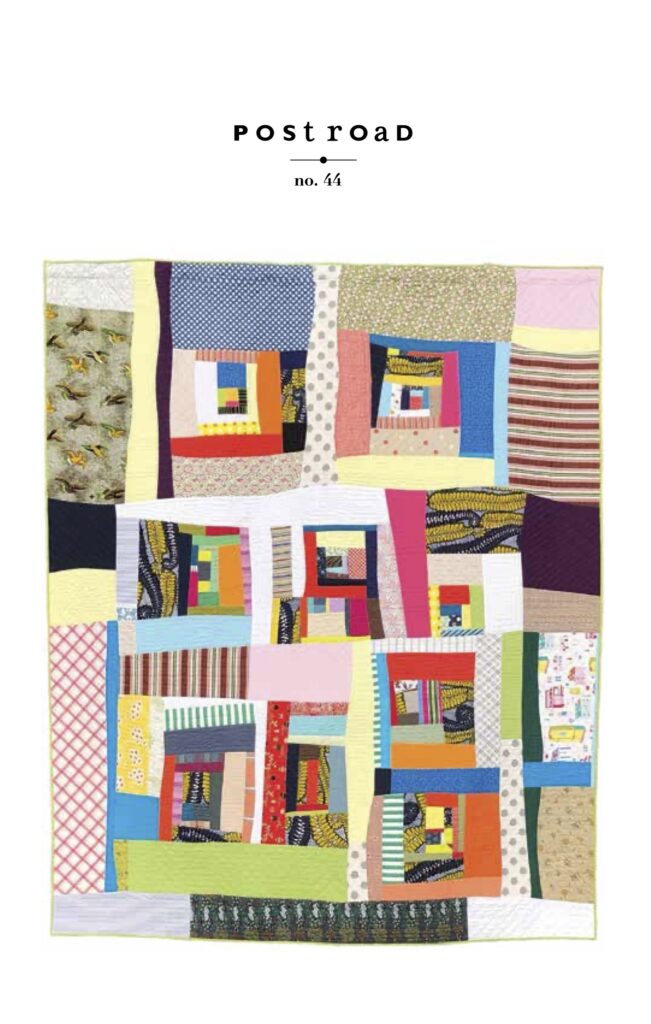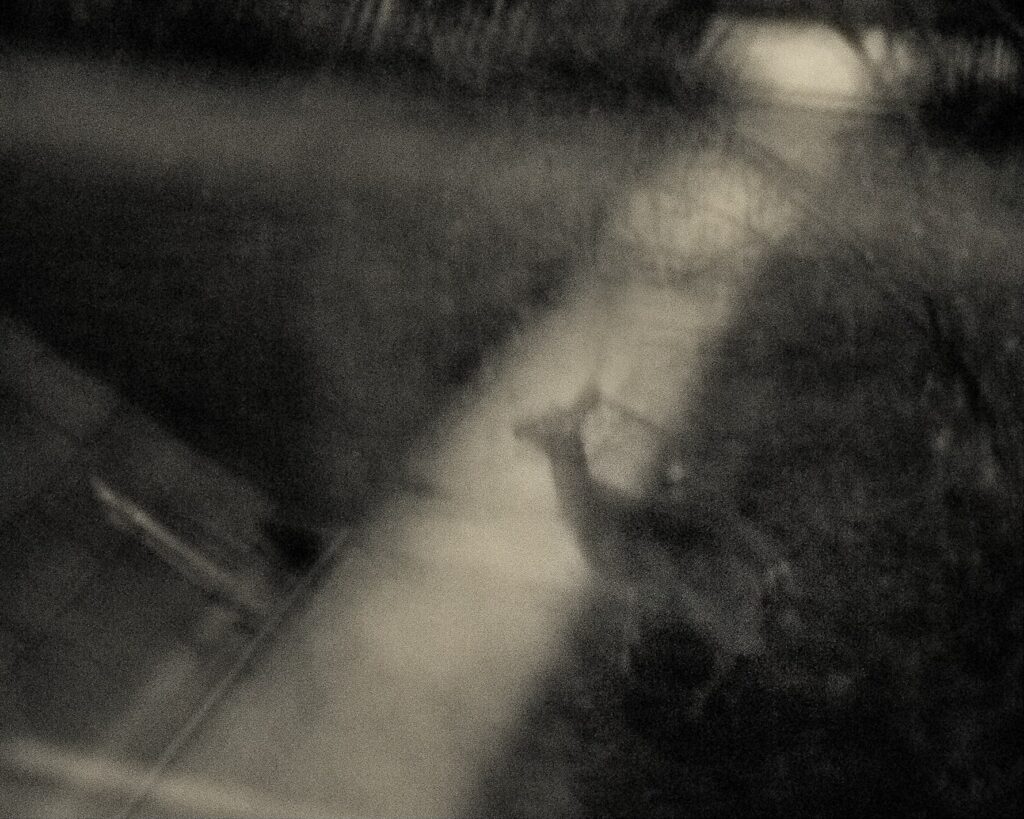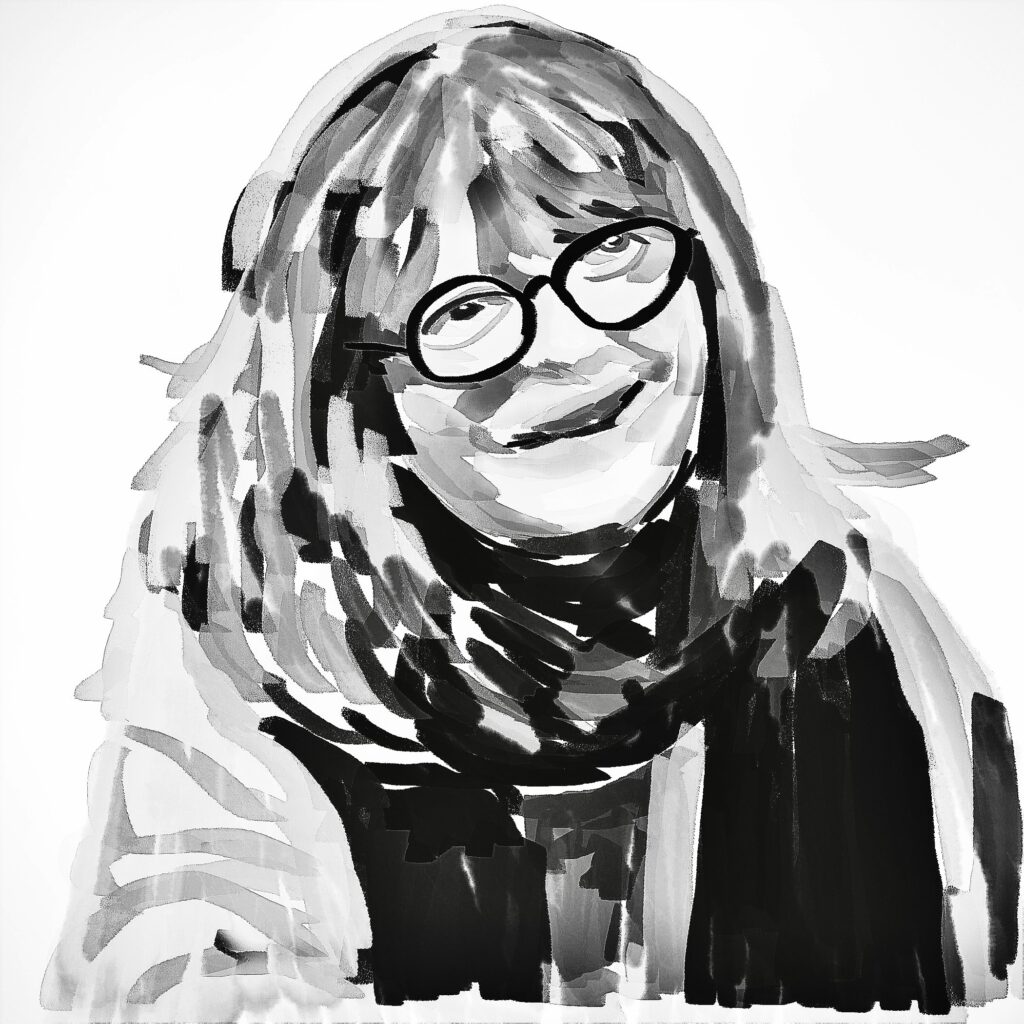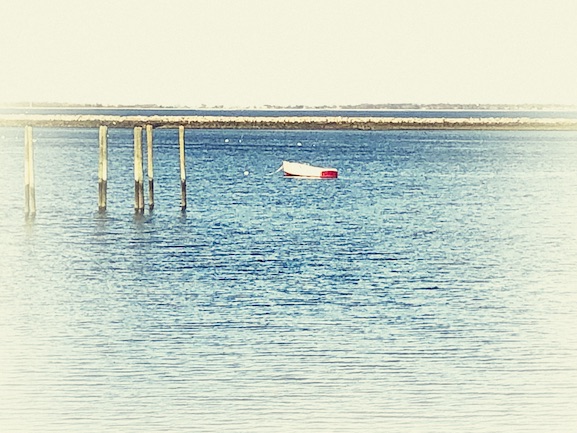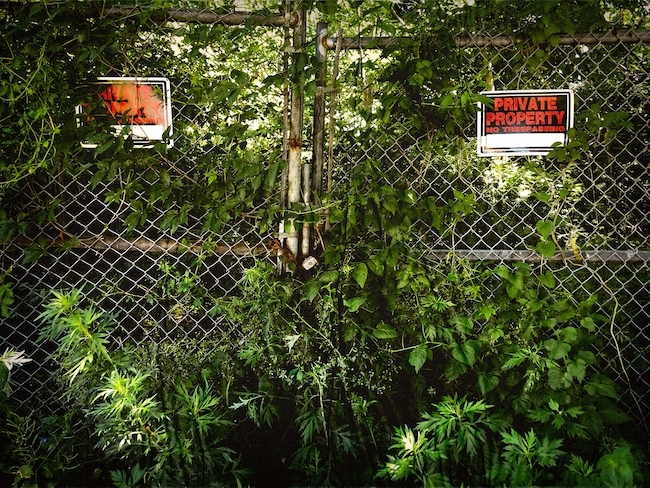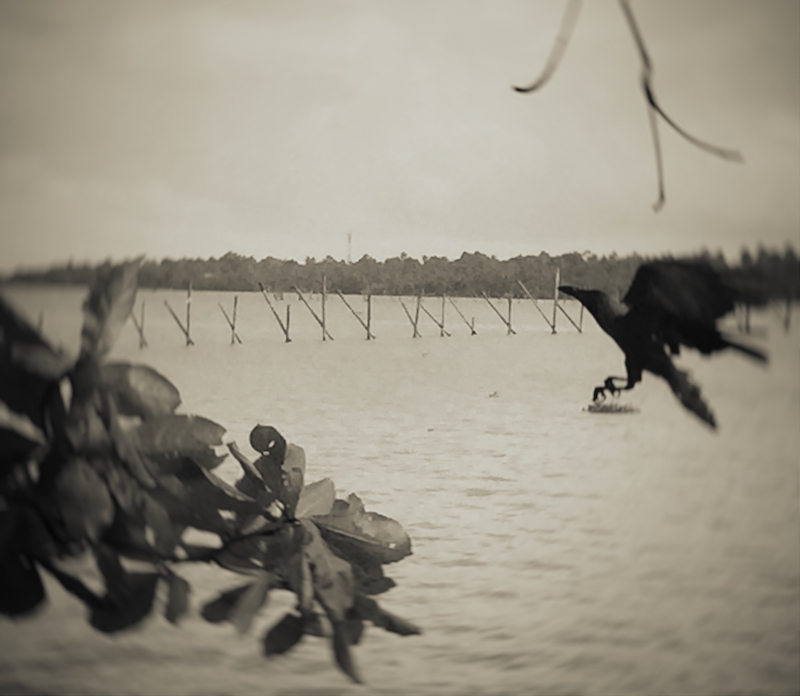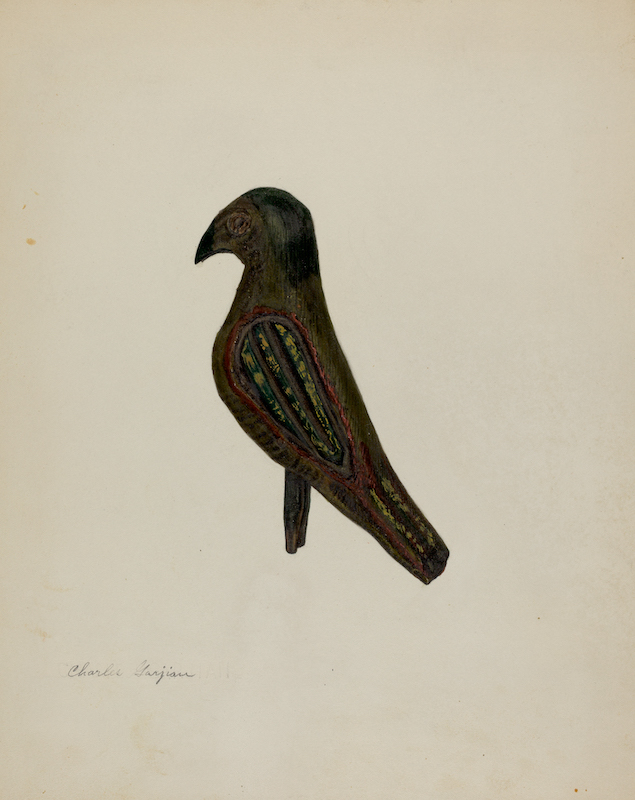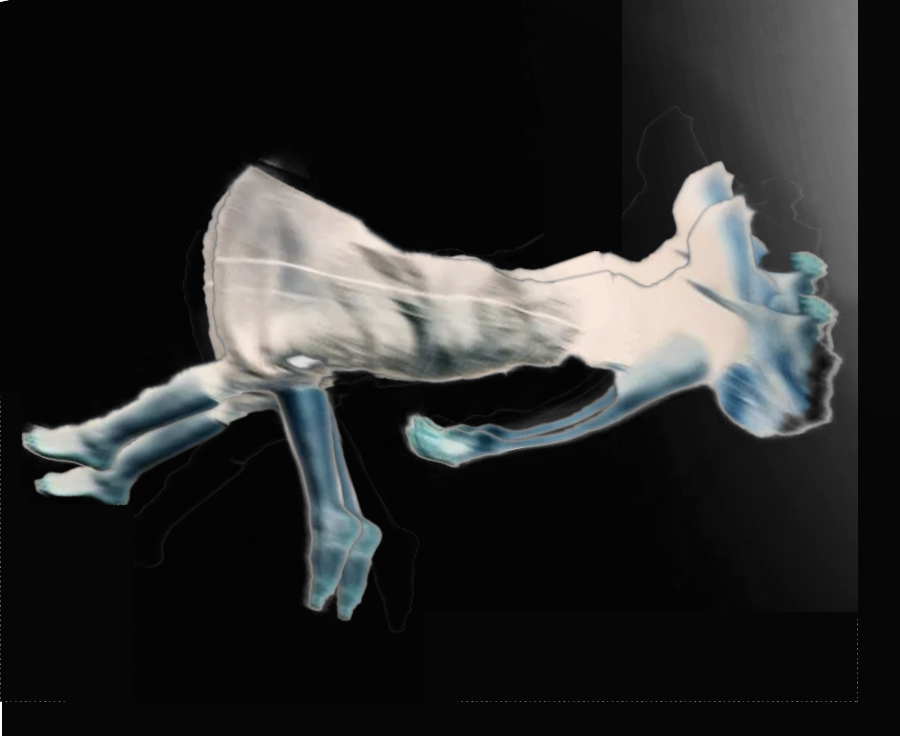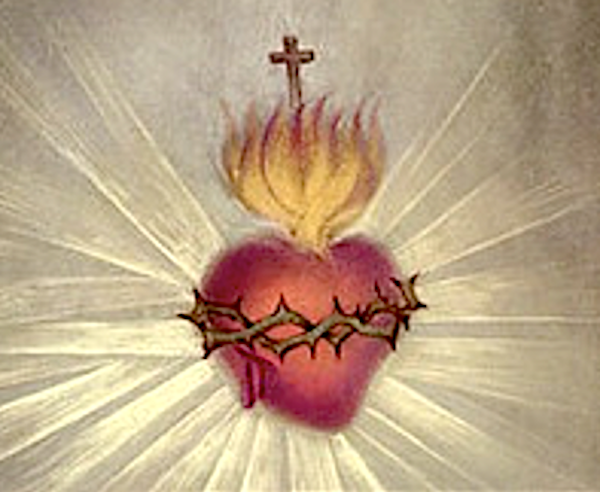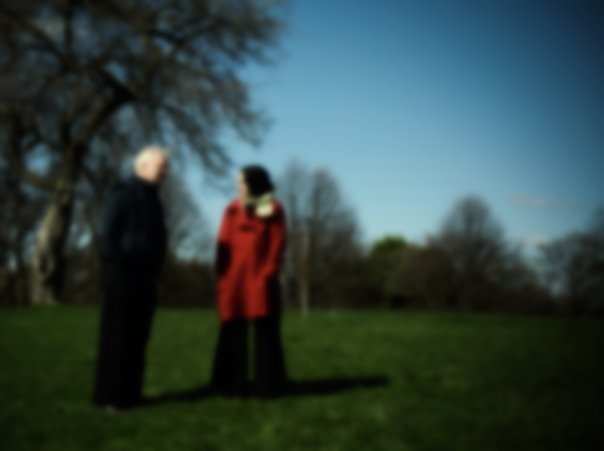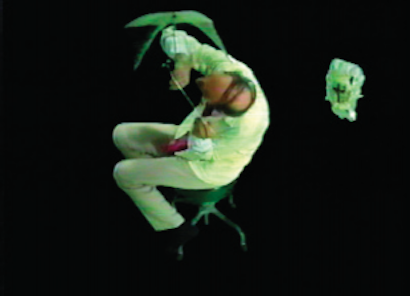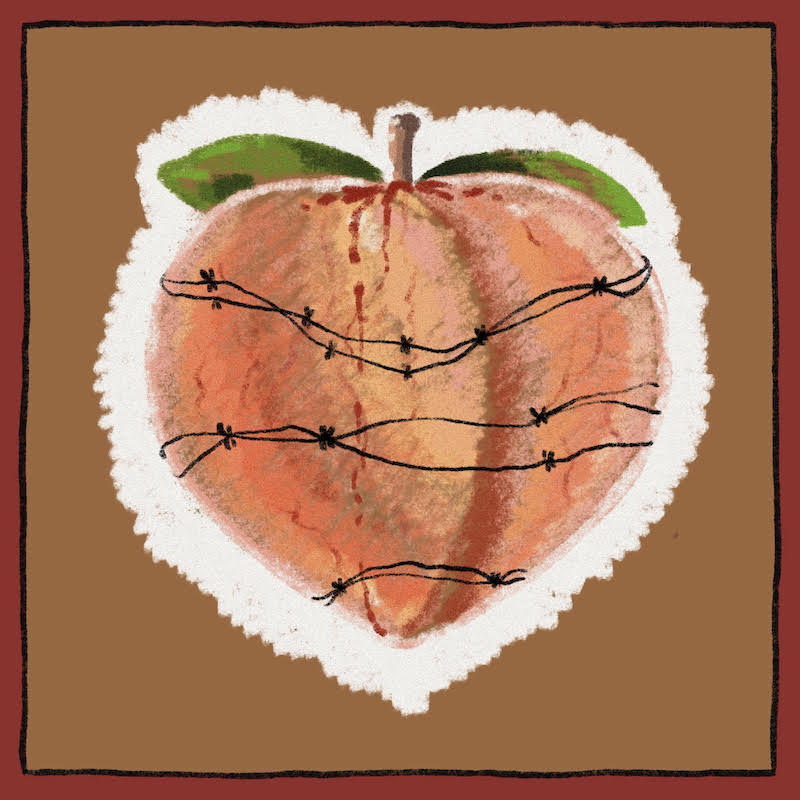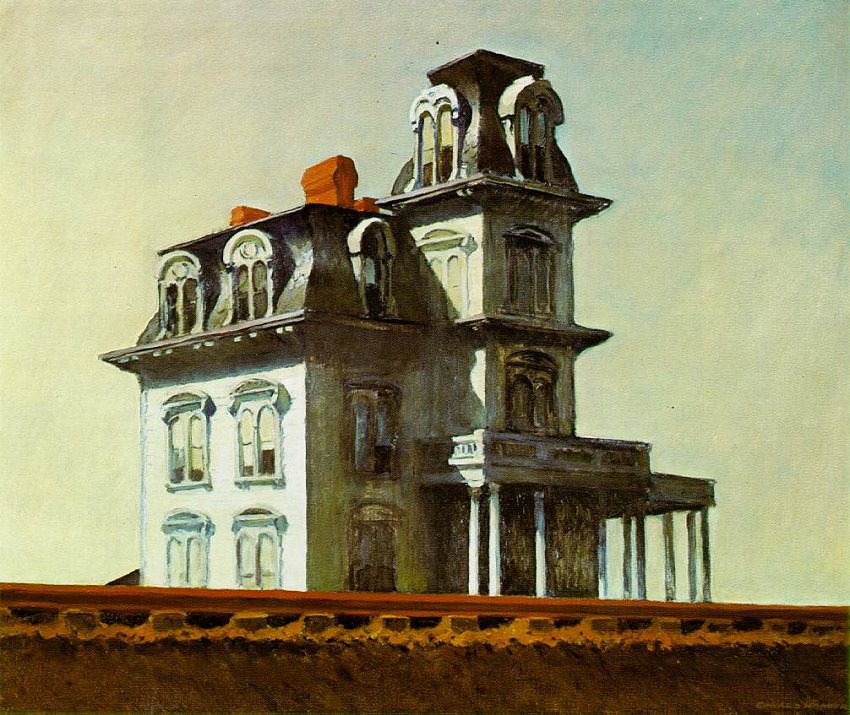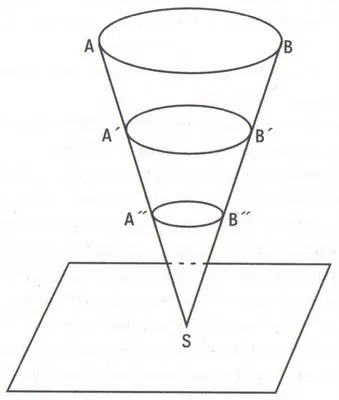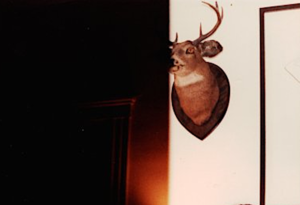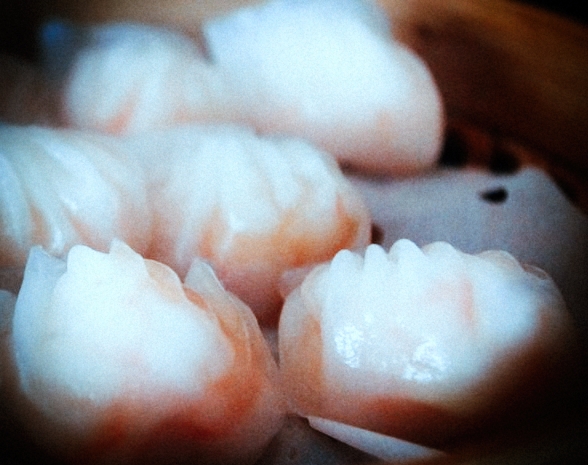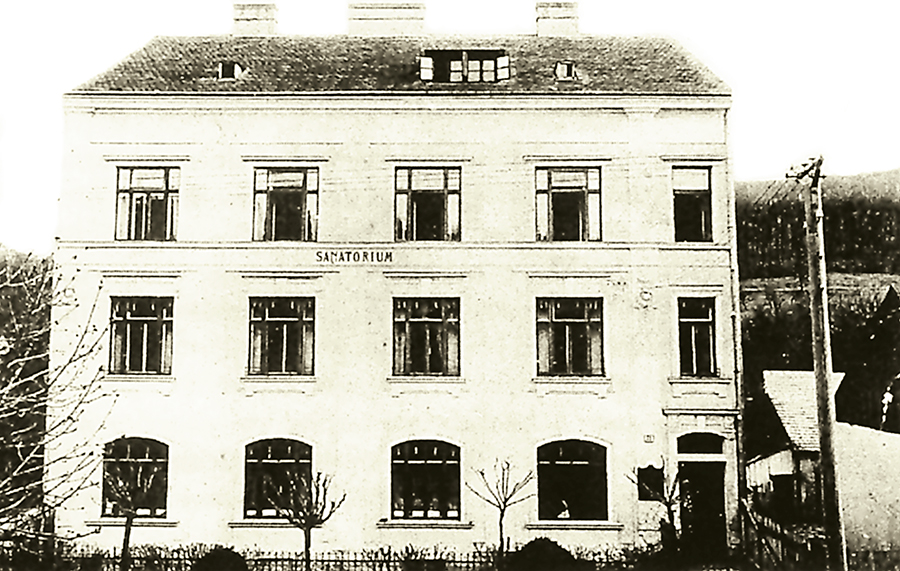ART:
Lizzy Rockwell
FICTION:
Shy Watson, Kim Chinquee, Dylan Fisher, Sean Maschmann, Rick Andrews, William Jones, Mari Klein, Mina Austin, Alan Crowe
GUEST FOLIO:
Edited by Allison Adair
Rose McLarney, Huan He, Tishani Doshi, Daniel Poppick, Sara Moore Wagner, Michael Kleber-Diggs, Lauren Camp, Andrew Hemmert
NONFICTION:
Molly Gleeson, Cristina Pop, Margaret Everton, Ben Wielechowski, Alex Herz, Megumi DeMond, David Luntz, Shawn Lisa Maurer, Marcus Spiegel, Annie Raab, Alyce Miller
POETRY
Levi Rubeck, Mary Margaret Alvarado, Tate Sherman, Matthew Rohrer, Billy Collins, Heather McHugh, Emma Bolden, Rachel Becker, Eric Roy, Stuart Dybek, Meg Kearney, Sid Ghosh
RECOMMENDATION
Maria Zoccola
FEATURED
“Chan Marshall, Author of ‘Visions of Johanna’”
by Rick Moody
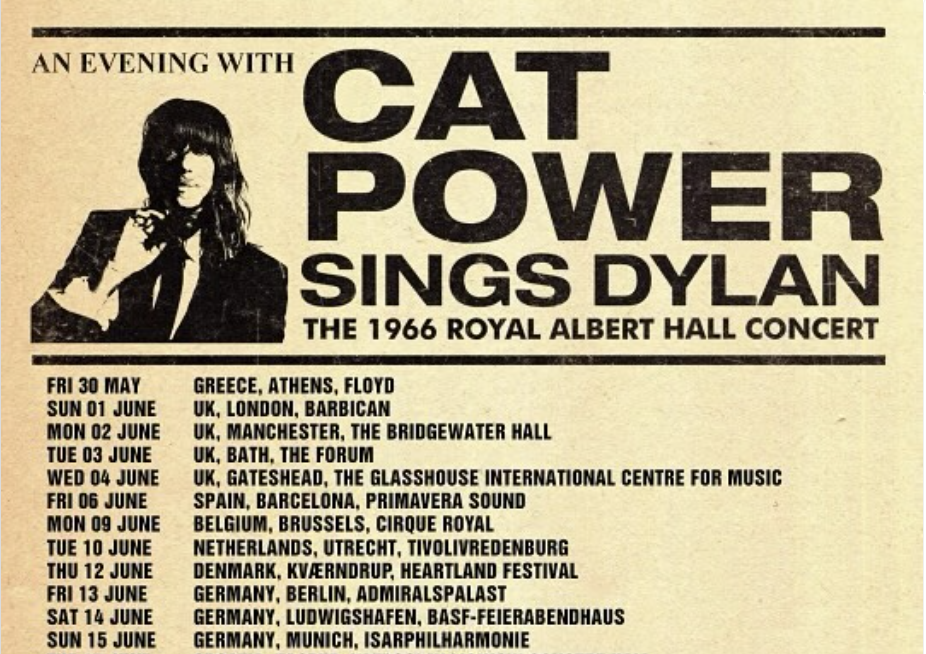
- My pretexts for the following are: Bob Dylan, The Bootleg Series Vol. IV: Bob Dylan Live 1966, known informally as the Royal Albert Hall gig.
To Write or Not to Write
by Gunnhild Øyehaug
Victoria can’t decide if she should write or not write to him.
Suburban Eclogue
by Brian Simoneau
Walk with me down the block. Notice
the rows of maples, perfectly
straight, evenly spaced from the road
Four Poems
by Dorianne Laux
Under the blown out stars
sounds the lone horn
of the Cucaracha car
Three Poems
by Kevin Bertolero
Two feet in the Kennebec
& slipping on little granite stones
for hours [smooth geology]
Read more…
Sky, Ladder, Cow, Lantern, Lake, Flowers, Heaven
by Shane Jones
From the forthcoming novel Young Forest
The hotel PDC was found online for two hundred dollars off the original price. Melanie had celebrated with half a beer and then immediately felt guilty because she imagined the alcohol infusing with her breast milk and brain damaging Julian.
Medication
by Eric Buechel
This Mindy was mending a rip in her pants with a spool of cinnamon dental floss. You could see the criss-cross pattern of red where she’d already gone over. It looked sturdy enough. She sat next to an old pitbull with markings on it like a brown and white spotted cow. It wagged its tail a little when we got close. Otherwise, it looked nailed down to the cardboard, too exhausted to attempt a sniff at our pant legs.
Three Poems
by Peter Markus
The days pile up, one on top
of the other, until we are standing
on top of a mountain looking
out at a sky with no sun or moon.
Not even the stars ask who we are…
My Mother Caught on Fire
by Marston Hefner
That was when, as I lay on the ground losing blood, the once thought to be cat but now understood to be dangerous and timid child rushed in, from God knows where to steal whatever was within reach…
Living With Molly
by Sam Fishman
Right now, you’re sitting on the bed we made together. You’re lying under the mustard linen sheets we slept on and you’re just like these linen sheets because you’re one more nice thing I’ve never had before.
Three Poems
by Elizabeth Ellen
I felt dead inside all the time
Unless I was looking at Machine Gun Kelly online
And then I felt alive
(Alive in the way that makes you want to get a bunch of tattoos, I mean)
Three days from The Weird Years
by Ryan Ridge and Mel Bosworth
I spied them through the peephole and thought, okay, let’s have some fun. “One second,” I said, and then I went out the back door and circled to the front. I took my phone from my back pocket and began an imaginary conversation, a loud one. “Yeah, so what?” I said. “What does that mean to me? I don’t care about any moose. Well, this isn’t a normal situation.”
Read more….
Breadcrumbs to Home
by Michele Zimmerman
At her daughter’s third birthday party, Jenn swears she can smell her father’s cologne on her hands. But Jenn’s father is long gone and Jenn doesn’t wear cologne. She avoids looking at her wife, who she knows is watching, and cuts a thick slice of cake with pink frosting.
Cheap Night
by Garielle Lutz
She spoke of little shares of chocolate she had once arranged and rearranged until they were practically mush and had to be licked off her fingers by more than just one lonesome mouth but her boyfriend was nowhere to be found. She’d had to recruit a girl she knew from the public pool who kept perfecting more and more ways of looking marooned.
Continue to Live
by Oliver Zarandi
It was a “safe” motel and as we drove up, two men came out with their masks on and asked us to get out of the car. They waved guns at us and said it was all procedure, nothing to worry about. I loved it.
The House
by Guillermo Stitch
He would have liked a moment to steel himself before pressing the bell. To gird himself for this potentially life-changing encounter. These people could push you around if you let them.
Durée
by Christopher Kang
A friend admitted to me one day that I was his best friend and I, not knowing what to say, replied, “Thank you.” Years later, I still linger on that reply, irked by the excessive accuracy of it.
Ideation
by Elle Nash
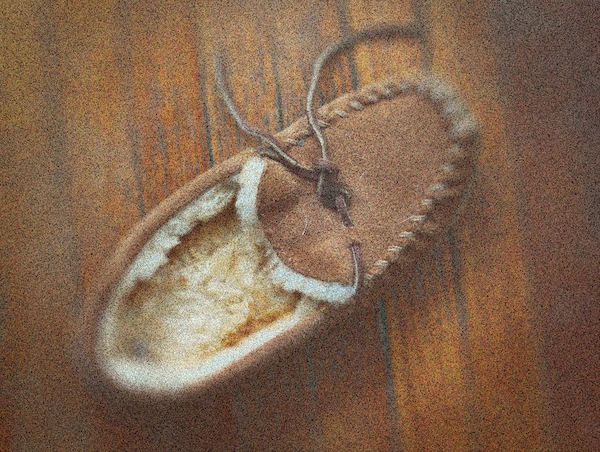
The girlfriend’s mother asked, “Are you a Hot Topic girl?” She shook her head and flicked a clear blue lighter beneath a cigarette, and the girlfriend’s mother asked, “Are you a witch?”
Some Manors
by Tom Laplaige
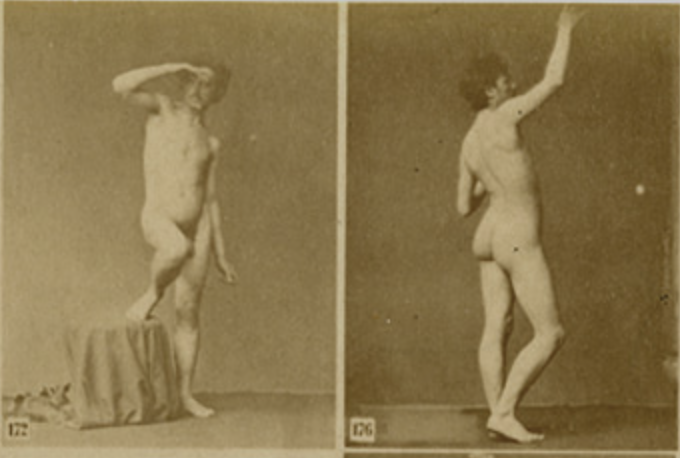
Longing is a thing that rots without containers and lids. Even the cats are driven mad by its presence.
In A Sentimental Mood
by Vanessa Stone
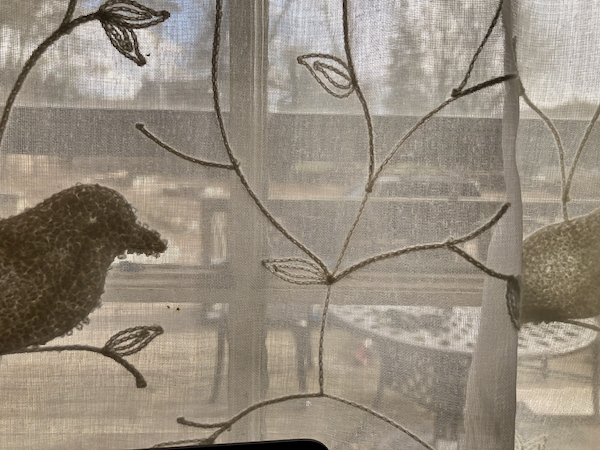
She climbed down his lengthy pole of a body, twisted, and pushed him to the ground. She stared at him until he sprung up like spring flowers. She lifted her leg, pointed her feet, and twirled like a dress.
Three Stories
by Ashley Mayne
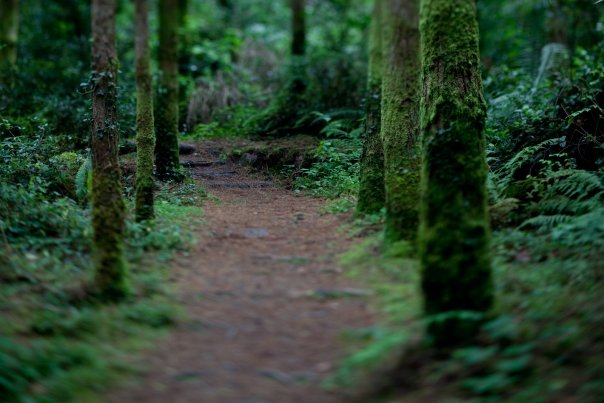
That airless gasp. The pained sheen of his eye. A shudder in her brain, a hard, dark star.
The Rat Man
by Babak Lakghomi
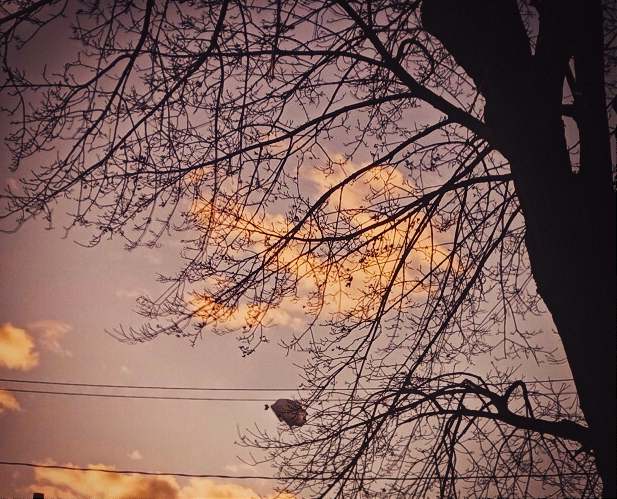
The man who’d turned into a rat had the same sickness, Ali says. You have the sickness if you dream of boys and want to press against them.
This is something Ali has heard from the kids on the street.
Tawny
Lincoln Michel

“These filthy animals.” Olivia looked at me with her lip curled all the way up to the nose. “Can you believe it? Disgusting.”
Olivia wasn’t talking about the dogs. …
Ringer
Glen Pourciau
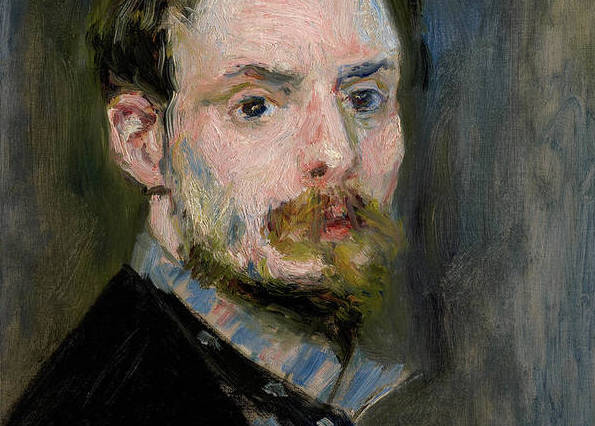
He continued to address me, mostly in German, and I understood nothing of what he said, except words I’d learned from World War II movies. He didn’t care at all that I could not understand him and I had an inkling he may have preferred it that way.
Uh-Oh, Love Comes to Town
RJC Smith
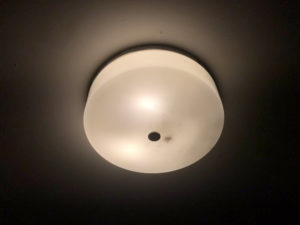
We were on the roof, smoking pot. Rena had a pair of binoculars. It was the last summer, or any season for that matter, that I would spend with my father, the last before his unfortunate break.
Four Stories
Raegan Bird
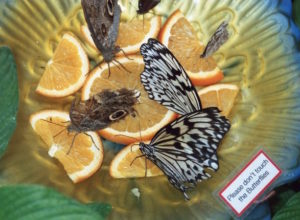
When Jean was young, he rescued a magpie from a fallen nest. He kept it by a pot of warm water for a few nights and it did just fine. He called it Marguerite.
Frugality
by Mark Halliday
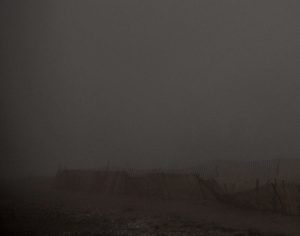
I who am apt to get tearful about any instance,
fictional or real, of loyal love that defies time …
Mermaid
by Gregory Spatz

There were grooves or indentations of some kind in the gel-foam of the gaff underwear to accommodate Avram’s testicles. “To help push them back into the sockets that would be my ovaries, if I had any,” he said, helpfully, by way of instruction, as he pressed and wiggled – the idea being total erasure: pull the junk in, tuck it back, make it vanish.
To DM a
by Jon Lindsey

Most men would have walked away. Thrown down the garden hose. Run. But you’ve got to remember, I put up a fight. I didn’t quit. Even as the house we built caught fire.
Psychic Cartography
by Basie Allen

lined in palm-smear
& ghost-breath
I stood Potiently
in a toe willing July
Two Against One
by Allie Rowbottom
George is the man Lee and I made up, to keep from hating Dad. If we’re out of bed when he comes home late and wasted and mean, if we’re messing in the wrong drawers, if we’re asking the wrong questions, we can afford to hate George.
Display
by Nathan Dragon
He talks to himself while pushing the cart about what it’s like to be a proud hunter, or better, more like a predator—what a predator would do with its prey and lay it out like an offering to a mate. To be the type of provider he is. Just look-it. …
Poker
by Trevor Creighton
Limbs had been taken and explored and this had been developed into attempting to figure out how to reattach them and have them heal with the goal of eventually switching the children’s heads.
French Antarctica
by JoAnna Novak
I do not need much, so I have brought very little. I am on the open water yet snug in the cell of my vessel. Two openings. One for me, one for my valise. My antiscurbatics, my earthly affects.
Two Poems
by Lauren Hilger
I believe in the game
and win the Tamagotchi.
In my hand, it has a pulse or a beat, sort of alive.
Other Moons
Max Halper
I went to rehab with a guy named Mitch who had swastikas tattooed on his hands and neck. This was in Mississippi, about an hour outside Jackson. Mitch was a meth addict and is dead now, as far as I understand.
RECOMMENDATIONS:
Claudia Dey’s Heartbreaker — Emily Carr
Lately, I’ve been asking writers I respect if they’ve read anything in the last year that they think everyone should read. A book that, given our limited amount of time on this planet, simply Must Be Read—regardless of whether everyone’s going to like it, learn from it, etc. I’ve been asking this question partly because I have an answer: Claudia Dey’s Heartbreaker: a Novel, which broke my heart open in all the right ways.
FICTION: Drought, by Jensen Beach
Her great uncle Gerald had died. Amy just finished reading an email that contained a scanned photograph of his obituary clipped by her Aunt Mary Margaret from the Miami Herald. The obituary did not indicate cause of death, but Amy knew that he’d had some heart trouble recently.
FROM THE ARCHIVES
César Aira’s An Episode in the Life of a Landscape Painter
by Alena Graedon
from Post Road 30
We’ve grown a lush affection for the language of transformation…But how many things really imprint our existence? A handful of calamities, a few great loves. If we’re very lucky, sometimes a work of art knocks us on our backs and drags us through the dust so that we arise as different selves.
ISSUE 20
Golden State, by Emma Cline
If there was a landscape that was more blessed, none of us knew it. We grew up with the sun generous and round in a blue sky, with fields and fields of dry grass. We knew from childhood the lines of the coast angled against the vast and shifting Pacific, the arc and swell, the rocky cliffs. We learned how the cows moved in the evenings, the way the creeks ran like veins across the hills, how the vast and startling sunsets appeared, biblical in their breadth and scope. We felt subtle changes of weather, the disruptions of patterns and habits, and studied the quail that made their daily migration to the oak trees behind our houses where they settled in low for the night, squawking and chittering to each other in the growing darkness.
ISSUE 29
Two Poems, by Michelle Holley
To sing this tale, I should be blind— /
like Lemon, or Willie Johnson /
singing in the dark, of love and loss just like old Joe Reynolds, /
or Reverend Gary Davis, blind at three weeks— /
blind before he could see. /
ISSUE 25
Red Owl, by Brandon Hobson
I live in a small town called Red Owl, where the mayor likes to get avocado facials. From Fulton Road, which runs north into town, some mornings you can see him sitting on his front porch, thumbing through the newspaper, his face caked in green. Most evenings he sits wearing his monogrammed slippers, sipping Polish vodka and listening to the smooth jazz FM station. Before bed he steps outside and waves a flashlight to check for trespassers. Ever since a group of teenagers from Crawford destroyed his mailbox with a baseball bat he’s been paranoid. He’s a man who’s afraid of everything, including cities. “Life is too fast paced,” he tells me. “I like quiet places. Red Owl is a quiet place.”
ISSUE 19
Two Poems by Ravi Shankar
And the promontory, sacrum, cliffs lashed by the waves, /
land’s end Europe, howling wind, arrhythmic nets /
pulled in by fishermen sharing half a bottle of wine /
between them, raindrops the size of olive pits plinking /
the clay rooftops, mi amor, minarets of the monastery /
an architectural oxymoron not based on any gentility /
principle that can be parsed in storm, dolmens jutting /
from clay, granite eggs crosshatched with scored letters/
in an ancient language—druidic?—the dialogical quality /
of history in conversation, the rhythm of faint lines due /
in large part to the size of the cahiers, bowls of fish soup /
and fado guitar overflowing the cobblestone, lurching /
streetcars in parallel fifths, far from the Anglican belts/
of hymnal, an irreducible secret, unspun wool, Moorish /
palimpsest beneath erasures of Spaniards, Catholic dub /
the anti-theatricality of the domestic arcane, presiding /
over the gnarled cityscape the one and only begotten son, /
whosoever believeth in him shall not perish, a middling/
fish peeled from hook by handkerchief and from the boat’s /
bottom a checkerboard pattern palpitating like a heart,/
the fishermen rowing back to shore, dragging with them /
a wet heat in their wine-stained clothes, heavy with salt.
ISSUE 32
Dummies, by Greg Ames
When she was eleven years old, my older sister Cassie carried a ventriloquist’s dummy with her wherever she went. The dummy’s name was Marilyn, and at first nobody had the heart to tell Cassie that Marilyn was not really a dummy, but a charred log from our fireplace. Every night Cassie slept in her narrow bed with this splintered wedge of burnt wood. She cuddled with it on the sofa while watching soap operas and sitcoms, and she left ashy smudges on everything she touched, from the refrigerator door to her once-white gerbils. Cassie’s homeroom teacher was concerned. The school psychologist, Nancy Palermo, asked my father if we had recently lost any family members to a house blaze or fiery car crash, anything like that. My father said, “Not exactly.” Ms. Palermo wanted to see Cassie three times a week after school for private consultations.
ISSUE 28
The Girl I Hate, by Mona Awad
So I’m eating scones with the girl I hate. The scones are her idea. She says eating one of them is like getting fucked. Not vanilla-style either, the kind with whips. She’s eating the scones and I’m watching, sipping black tea with milk but no sugar. Actually, she hasn’t quite started yet. She’s still spreading clotted cream on each half of the split scone, then homemade jam on top of that. As she does this, she warns me she might make groaning noises. Just so, you know, I know. That’s fine, I shrug, feeling little bits of me catch fire. I’ve got the teacup in my hand, my finger crooked in the little handle that’s too small for it so the circulation’s getting cut off. I watch her bite into the scone with her little bunny teeth. I watch gobs of clotted cream catch in either corner of her lip. She tilts her head back, closes her eyes, starts to make what must be the groaning noises. I pour myself more tea and cup it in both hands like it’s warming them, even though it’s gone cold. Then I pretend to look out the window at the dismal view of the Grassmarket. I say, “Busy in the office this morning,” and try not to think Cunt.
ISSUE 18
Nine Inches, by Tom Perrotta
Read moEthan didn’t want to go to the middle school dance, but the Vice Principal twisted his arm. He said it was like jury duty: the system only made sense if everybody stepped up and nobody got special treatment.
Besides, he added, you might as well do it now, get it over with before the new baby comes and things get even crazier.
Ethan saw the logic in this, but it didn’t make him feel any less guilty about leaving the house on Friday evening with the dishes unwashed and Fiona just getting started on her nightly meltdown—apparently her busy toddler day wasn’t complete unless she spent an hour or two shrieking her head off before bedtime.
ISSUE 21
CHILI 4-WAY, by Michael Martone
When you were in college, at Butler, you would drive out Michigan Pike to eat at the Steak ‘n Shake there. It looked like a Steak ‘n Shake but it wasn’t quite right. It looked the same as other Steak ‘n Shakes—black and white with the chromium fixtures and the enameled tiled walls and ceramic tile floor. The staff wore the paper hats and the checkered pants, the white aprons and the red bow ties. But often you were the only customer. You sat at a table, not the counter, and scanned the menu while as many as a dozen waiters and waitresses waited for you to order. This was a training restaurant for the restaurant chain, self-conscious of its selfconsciousness, a hamburger university.
ISSUE 25
Divinatory Experiment by Selah Saterstrom
In 1893 Henry C. Wood published one of the first self-help books, IDEAL SUGGESTIONS THROUGH MENTAL PHOTOGRAPHY. Mr. Wood’s theory, coinciding with the advent of photography in popular culture, maintained that one’s brain could photograph positive affirmations or “Ideal Suggestions.” The “solar light” of the camera corrected the “lunar imbalance” of the lunatic or otherwise morally flawed individual. In many asylums it was popular to dress the commited in fancy attire and take their portrait. After, the photographed individual would view their evolved “moral version” as part of their correctional therapy.
ISSUE 19
Two Poems by Elizabeth Senja Spackman
Under your golden hair
beneath the white
you sleep
stone eyed and twitching
Live once and more
Hold me if you must
There’s nothing
here not
for the taking.
ISSUE 20
Fathers Day, by Joseph Scapellato
The old man went with his son to a restaurant. The restaurant was in a bowling alley where the old man used to take his son to bowl when his son was a boy. When they sat down, in a booth by the door, the old man said, “This is a terrible place to die.”
The son said, “I can’t believe we used to bowl here. Remember? Boy, was I lousy.”
The old man didn’t say anything.
“My wife is pregnant,” said the son.
Their food came. It was as expected. The son paid.
Outside it was bright and clear and cool. The son, who had driven, opened the car door for the old man. The old man shuffled in and sat down. He said, “A terrible, terrible place.”
ISSUE 18
Boombox and Neon Flowers, by Abby Savitch-Lew
She walk on Rockaway. She swing purple hips. She buy a bag of green genips like sweetness from the Guyanan people at the corner. The juice gloss her lips, the rubbery rind curl in her palm, the jell ball roll with her tongue. She in 99¢ Century on New York Ave., a plastic crate swing at her arm.
ISSUE 4
Paternity Within the Limits of Reason, by Diana George
- A sheet covers the father where he lies in the hallway. He has wept brown tears that stain and reek. The father has more than two eyes, and not only on his head, or else he has other weeping holes.
ISSUE 35
The Painted Lady, by Harris Lahti
The snow—a heavy blanket smothering roofs, roads, cornfields, pasture. But Vic Greener’s main concern, the roofs. He’s brought along his son, Junior, to save his back and shovel off those of his rentals before they collapse under all that weight. But first, a pitstop on the way.
ISSUE 1
Eminence by Gary Lutz
There was a time I would not hear of women, and a time I looked to them as my betters, and months when my heart went out to anyone else done up as a person, but it was usually men I suited: men who liked to keep their words a little stepped back from their meanings and mostly wanted to know whether I was still in school or was hard on shoes.
ISSUE 28
Two Poems by Wang Jiaxin
(translated by Diana Shi & George O’Connell)
A pair of hands invisibly
touch the keyboard, and slowly
you step into Canada’s knee-deep snows.
I’m listening: is this still the vast winter day of North America?
No, the scope of silence itself, the music
peacefully rising, entering my body
the moment it stops for breath.
This is the rhythm
set by your trek, each step
longer than a man’s life. This the song
to ears inaudible; only the skull can hear.
ISSUE 2
Two Poems by Miranda Field
my ninth month I ached for the savor of black-currants — a fruit out of season, / a fruit of elsewhere — and since his birth he’s carried a map of that place
ISSUE 3
The Sweater, the Pair of Shoes, and the Jacket by Rebecca Curtis
A daughter disobeyed and the mother of the daughter hit the daughter very quickly with her hand, a thing she had not done before in the past. Soon the daughter disobeyed again and again the mother struck the daughter in the face with her hand and then also with an object which had been nearby.
ISSUE 16
My First Real Home, by Diane Williams
In there, there was this man who developed a habit of sharpening knives. You know he had a house and a yard, so he had a lawnmower and several axes and he had a hedge shears and, of course, he had kitchen knives and scissors, and he and his wife lived in
ISSUE 13
Two Poems by Dora Malech
Quick Study
Put a hold on the have and to hold’em’s a game, bets half-cocked at the big dogs, one shoe
on and running, chicken’s a nickname
and nick’s just a cut. Let me get you
ISSUE 33
Adjust, by Glen Pourciau
No one could say I was idle. I walked miles every day. I didn’t sit in my apartment moping. I had mixed feelings about being among people on a bustling sidewalk, exposed to their looks and judgments, but it was better than being alone in my apartment. When I walked I often had the feeling that someone was watching, either across the street or behind me, though I knew that no one had been assigned by some unknown force to keep eyes on me.
ISSUE 04
Will Eno: Two Monologues
All right, everybody, let’s just get going. You people know what I’ve come here to probably say. This should all come as all as no surprise. The phrase, of course, you are familiar with. It was a “building year,” this last year was. We suffered some losses, sure, we suffered some, last season, and we’ve had to start out all over, in a fashion; we’ve had to come at this thing as if it were some kind of a– and you folks in the press will have to tell me if this is a pleonasm– a new beginning.
ISSUE 21
Elizabeth Powell: From I Spy: Prose Poems
His wedding ring shimmered like an inviting lake. His height was like a diving board, something she wanted to accomplish. She would perfect the three step approach before the bounce and lift off, before she’d let go into her swan dive. For now, her divorce papers in hand like an edict, proclamation of having a broken meter reader. Of course, she knew this man, handsome in his friendliness, following the elevator to the top—small claims—could never deliver what he’d promise as they made their way skyward, amazed at their similarities.
ISSUE 06
The Artist and His Sister Gerti, by Christine Schutt
The buckskin color of her silky throat signaled her sexual self as did a bird’s breast in its fluttering coloration; and the underside of her, under her chin, was soft, and a small excess of folded-over skin gave her, young as she was, an appearance of age and seriousness and wisdom. The stilling experience of stroking her throat and her belly as she lay in my lap amazed me when I had expected her to be excitable, restless, loudly after play and vigorous attention; I had expected she would exhaust me; instead, she shut her eyes.
ISSUE 31
The Woman in the Barn, by Jaclyn Gilbert
Joseph and I are soon to be hitched in my sister’s house with white sideboards and purple geraniums sprawling from black pots.
Joseph didn’t give me any kind of engagement ring. He gave me a wooden clock. I told him, Joseph, let’s be more like the English and go for carats, our value in carats, with a thirteen grand baseline.
But he said: Lydia, our people bequeath clocks and china and tools, family tokens and borrowed things, useful things.
ISSUE 33
Lessons from the Masters, by JT Price
In 1993, he found a job teaching English to elementary-age kids in Aguilar de Campoo, a town in northwestern Spain with a hill at its center. On top of the hill at the edge of the town stood the ruins of a castle among patches of tall yellow grass. A constant breeze stirred the grass and Bruce would climb the crumbling stone to look down over the town. They made cookies there. Standing in the ruins, Bruce could smell sugar wafting to meet him. He would find himself a nook in the weathered stone and lean back with For Whom the Bell Tolls or The Sun Also Rises or the short stories of his idol and read the words in the country his idol had loved. Occasionally he paused to flick tiny black ants from his exposed forearms. Like his father, Bruce always rolled up his sleeves.
ISSUE 4
Gentility, by June Unjoo-Yang
Evenings, he teaches an amateur watercolor class at the local community college. His students are housewives baffled by the proper use of perspective, their foregrounds peppered with importunate saucer-eyed spaniels, fox cubs huddled in foliage, deer. They’re wounded, says Barb, a new divorcée. Get it?
ISSUE 24
#GentlemanlyPursuits in Paul Kahan’s Chicago, by A-J Aronstein
I woke up on the hardwood floor of Tyler’s apartment, twisted into a crumpled pile of chewed up meat. There was blood everywhere. On my shirt, my pants. The tip of my thumb was sliced somewhat less than total- ly open and had turned an alarming shade of purple. Something (the alcohol) had sucked all the water out of my body and I felt like a dried out iguana.
ISSUE 10
On Jerry Hunt’s Four Video Translations
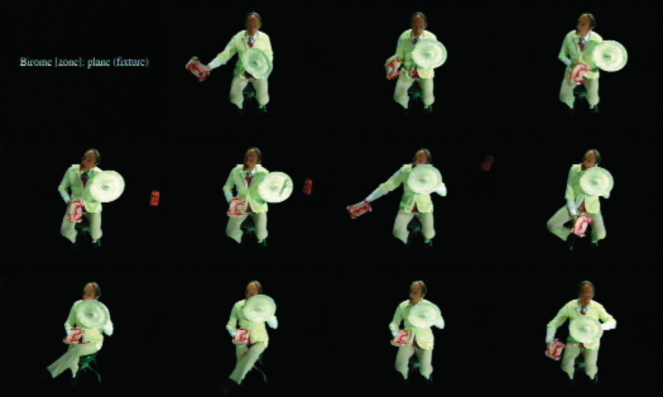
At the age of twelve, Jerry Hunt founded his first church, using a friend’s lithograph machine to print tracts, which he then sent to followers who responded to notices he had posted around suburban Dallas, Texas. In the pamphlets, Hunt combined lectures on alchemy with devotional exercises, simplified yoga, voodoo and the rituals of the pentagram and hexagram.
ISSUE 34
The Hawk Mercury, by Ashley Mayne
When they pull me out, I tell them I’ve seen a pinecone rolling inside a typewriter, back and forth as the tines spring forward, and I tell them I’ve seen a man who keeps the extinct birds in his belly, two of each. But they hand me a plastic spoon, and tell me today I’m to make what I can of this jell-o. I decide to go along. What’s the point?
Absolute shite.
There are stitches. What it means when the cuts are vertical, with the veins instead of across, is that somebody wasn’t kidding around, somebody was serious. And that’s me. One serious kid, Mary Gale Rooney.
ISSUE 32
Isn’t that Nice, by Halley Parry
Marielle had a tooth yanked from her gum on a Tuesday while most people she knew were gliding around carpeted office buildings moving papers from one window to the other and eating salads from round plastic bowls, their feet secretly bare beneath their desks. After the procedure as she approached her apartment, she remembered that her husband, Simon, would not be at home waiting to tend to her. This was not because Simon would be on call sitting next to his ambulance or tending to other injured people, but because he wasn’t her husband anymore.
ISSUE 14
Sheila Heiti on Kurt Vonnegut
My friend Misha Glouberman, who is one of the smartest people I know, yet who never reads literature and knows nothing about world politics, and who has in his apartment only self-help books like Loving in Flow and feels no shame about this—he admitted to me this morning, when I went to his place to borrow his girlfriend’s copy of Bluebeard, that though he doesn’t like literature, he has always liked Kurt Vonnegut but is kind of ashamed to admit it.
ISSUE 22
When the Farmer Clutches the Rake: Writing the Real
by Cheryl Strayed
The first story I ever wrote featured a talking parrot named Poncho who busted a trio of diamond thieves on a late night train. What a fantastic story! my seventh grade teacher scrawled in red ink on the top of the page. She was right. It is, literally, my most fantastic story to date — my writing in the intervening years swirling ever further from the farfetched and toward the real, if not the mundane.
ISSUE 25
Beach Town + Liberty, by Paul Lisicky
The birds can go elsewhere. The maritime forest? Let it burn to the ground. The palms along the causeway can go up with it. The spiders, the fleas, the rats, the snakes: any living creature that lives in the leaves. They can burn up, too. Ruby thinks these thoughts while she volunteers at the beach town bird sanctuary, dispensing wisdom to the schoolchildren bused in from the mainland. They all think she’s a nice lady in her aqua sundress and her benign smiling face.

